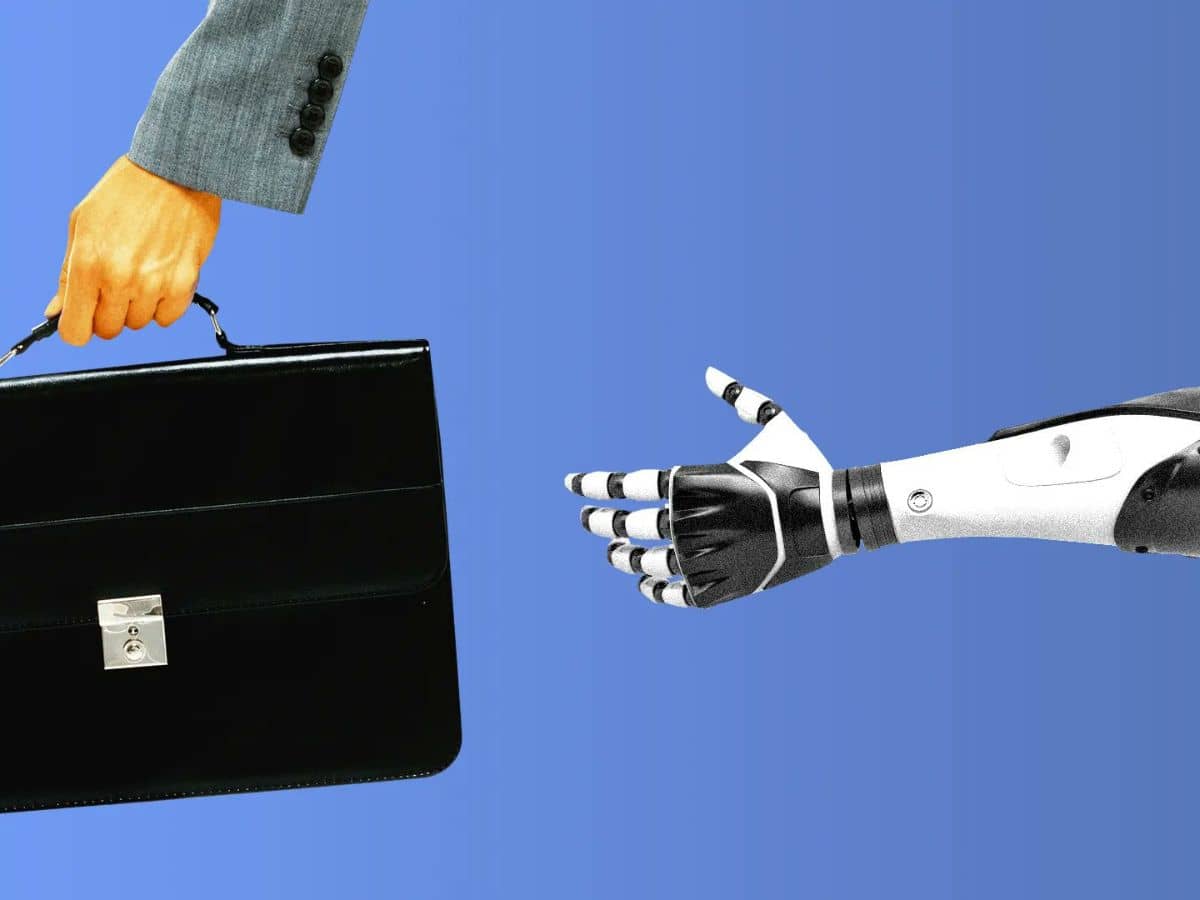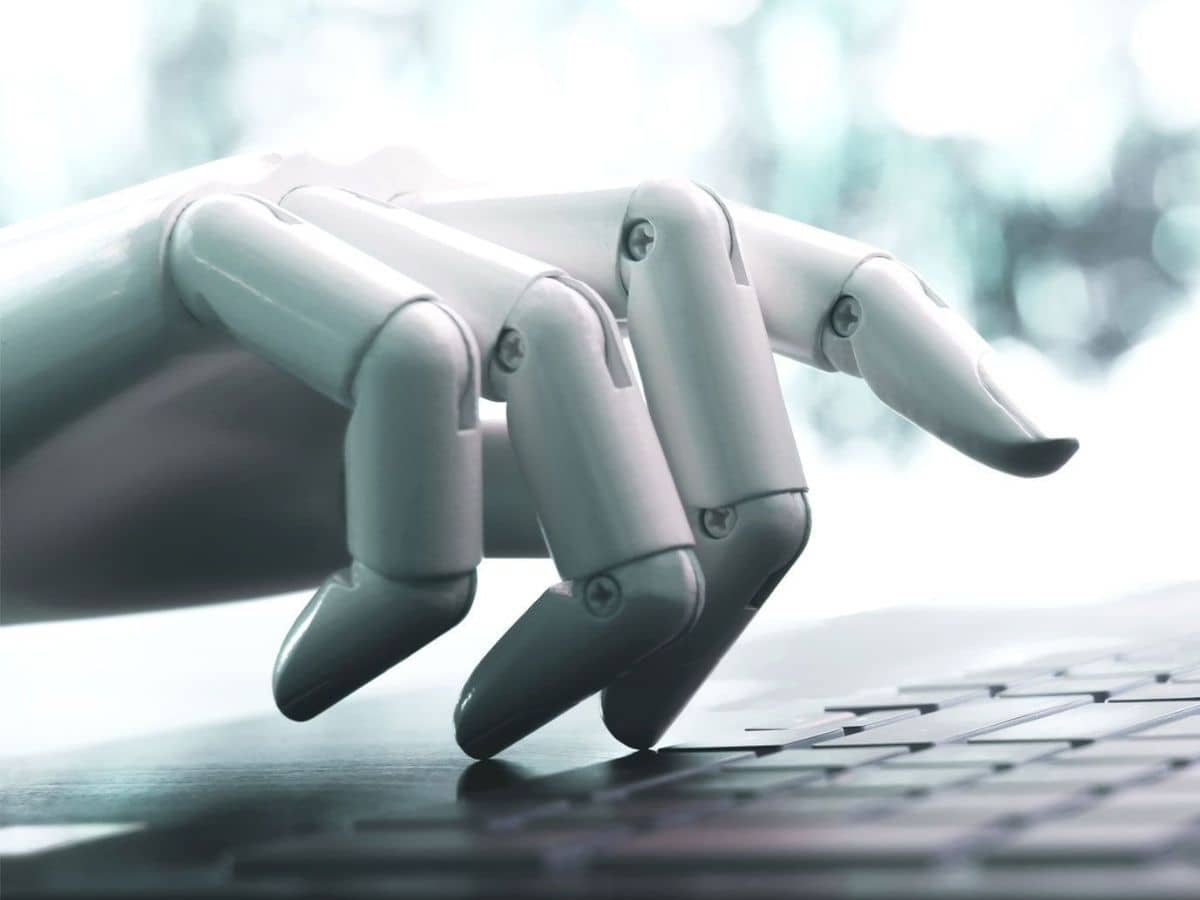Will AI Kill Human Virtual Assistant Jobs?

Technology has created avenues for work and human life to be easier. With the progression of AI, there are a lot of opportunities to prosper and progress in work productivity, sometimes extending to solving real life problems.
As much as it delivers convenience, there is always that thought that it could be a looming threat. Will it take away the place of humans in some industries?
AI as a Threat
Bill Gates was quoted as saying that over the next few decades as AI advances and rapidly progresses humans might not be needed for most tasks, even teachers and doctors.
The fear is valid. We don’t want to be fear mongering, but everything is happening so fast, and a lot of new AI systems are being explored and will soon be commonplace intelligence even the medical industry.
But before we get ahead of ourselves, let’s take a quick look at where AI is right now and what we can expect in the near future. Most importantly, will it take the place of some jobs, such as a virtual assistant?
Primary types of AI used in today’s industries
Before we can get a clear picture of how AI can affect industries, especially for virtual assistant tasks.
Let’s take a quick look at where AI is right now.
There are basically two main types of AI based on capacity: the reactive machines and the limited memory machines.
Reactive machines are systems that are very specific; there is no memory. The same input will deliver the same output. This is useful in industries where one must process a huge amount of data. Such a system can make one’s work easier as it performs super AI tasks by processing a lot of data in minimal time.
Say, taking customer data such as search and purchase history, then using this collected data to make recommendations. It’s quite a repetitive and systemic task that can easily be completed by AI. Humans would require more time to accomplish this simple task.
The next type of AI is called limited memory. This is a smarter one and it aims to replicate how human minds work. Though this system uses both the past memory and present data to make a decision.
These two systems are the most prevalently used and the ones at can either make your work easier or replace you altogether, whichever the circumstances deem fit.
Apart from these two, there is also the theory of mind where AI will be able to understand human intentions, behavior, and use it to solve problems just like how we humans do. This system does not exist yet. But once it does, we can expect more human tasks being replaced by technology, even the more complex ones.
Then we have two types of AI systems based on function: the narrow AI and the General AI
Narrow AI is a type of system that can perform a specific set of tasks , but these have to be programmed within their domain. This can handle repetitive tasks over a short period of time. Classic examples are Siri and Alexa.
General AI, on the other hand, may have cognitive abilities that can be at par with the human mind. It has the capacity of problem-solving and may span other industries we thought that AI would never venture into, such as health care.
The thing is, this type of system is not yet in place, and researchers are still exploring ways on how they can be developed.
Yes, another sigh of relief there.
But who knows, sooner or later, you’ll be talking to robots about your marital problems and woes during your therapy session.
If everything happens as predicted by scientists, AI will be able to understand human emotions, making them capable of making effective and more empathetic decisions making.
AI can indeed kill mundane repetitive tasks
Seeing the types of AI systems that are in place, it is then clear that Artificial Intelligence can indeed replace mundane tasks that are repetitive. Especially those that do not require much comprehension and memory, we see a dissolution of humans doing these tasks.
The good bits- it can help unburden one’s work from these repetitive tasks. It can amp up productivity, especially if you have a hundred things laid on your plate.
But the bad bit is, if your job description relies solely on these simple repetitive tasks, you’re out. You might have noticed by now that a lot of such jobs are being replaced by AI.
The virtual assistants tasks are indeed one of the first industries that may feel the wave of AI. With what is in place right now, AI can help unburden tasks and make life easier for a virtual assistant. Provided that you are doing more than just simple tasks, AI cannot replace you yet.
There are responsibilities that are not yet prone to dissolution, not yet as of the present, as AI is still developing. Such tasks involve human connection duties that require a complex skill set to arrive at a solution.
Even more complex automated tasks will still need the presence and supervision of a human mind. AI can help unload or make things easier for the VA, but not totally replace them, not yet, that is.
With that said, it’s not yet time to panic since AI cannot handle responsibilities that are beyond the level of basic assistant duties. While AI can process data, it cannot use past experiences and lacks emotions to come up with a sound judgement on a lot of things.
Well, At Least Not yet
There is the word not yet.
That is why it is crucial to know how to use these tools to your advantage. Learn to use AI to help you manage automated tasks and increase productivity.
There is still a chunk of a VA’s job that AI cannot replace, let alone touch.
But it is also important to note that there is a lot of ongoing research that can dive into the theory of mind and replicate just how the human mind works.
As mentioned above, experts are seeing AI proliferating in industries that require more cognition and empathy. When that happens, it can create a new type of fear among humans.
VAs who are versed in using AI can be more effective and will be able to handle more complex tasks since they will have more time.
So for the moment, instead of fearing it, use it to your advantage.
Also, it is best to increase your skillset to add more value to how you work. Aside from learning new techniques, it is important to bank on your human skills. Improve the way you solve problems through interpersonal dynamics.
This is one area that AI may need more time to proliferate, and if it does, you will be way ahead of it already.








